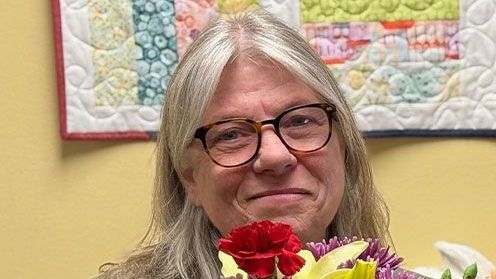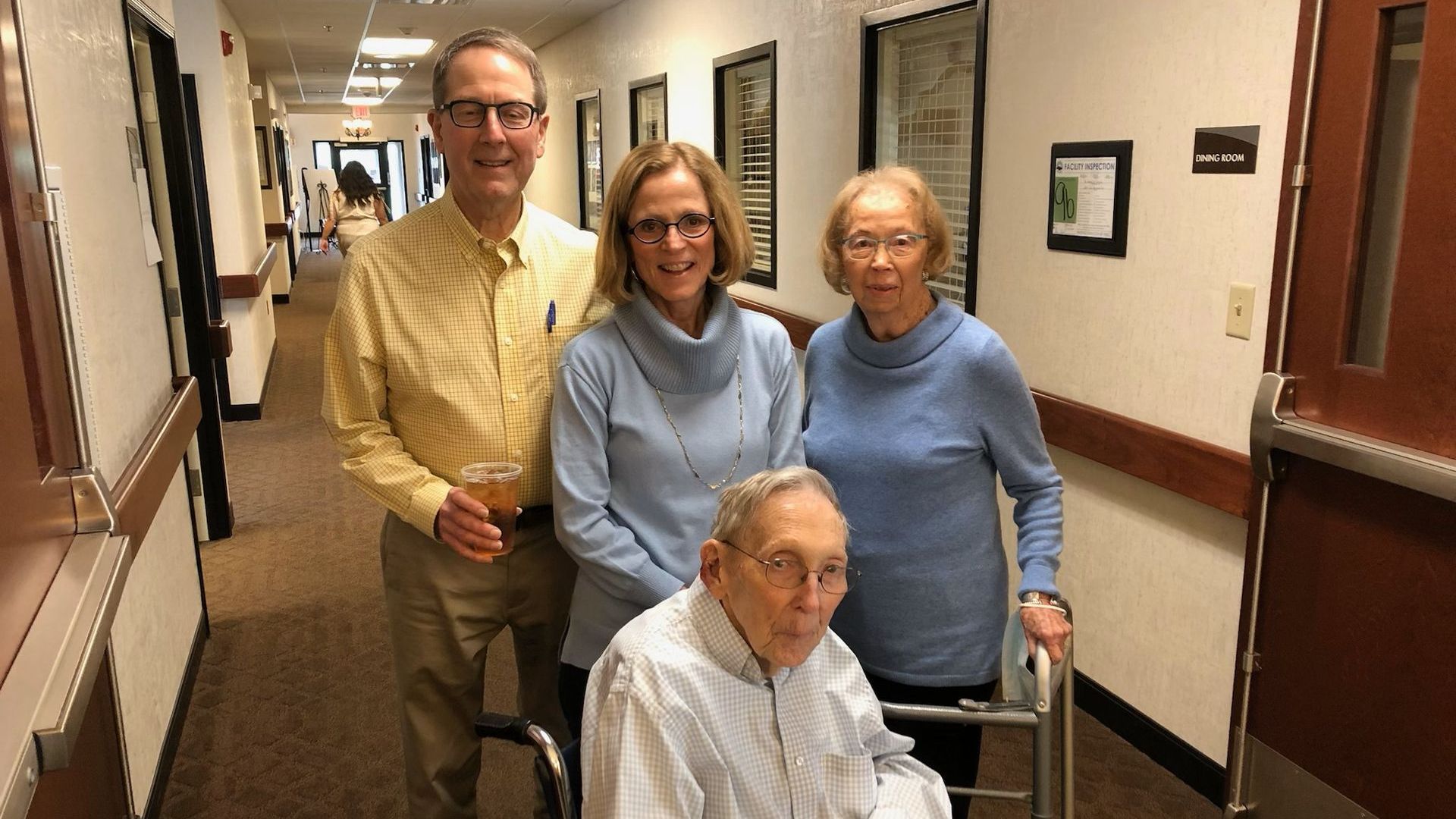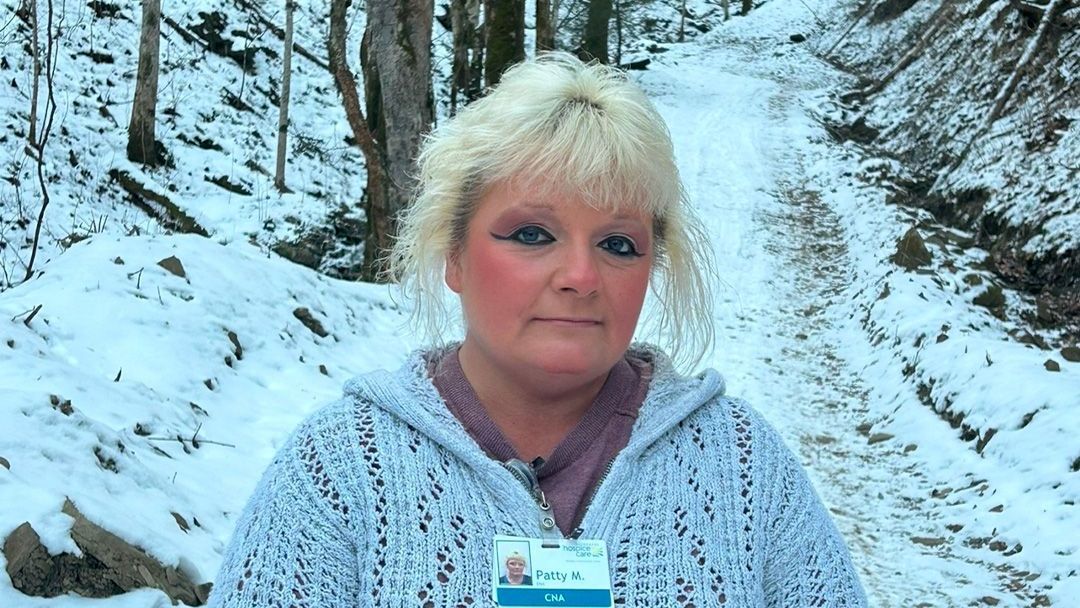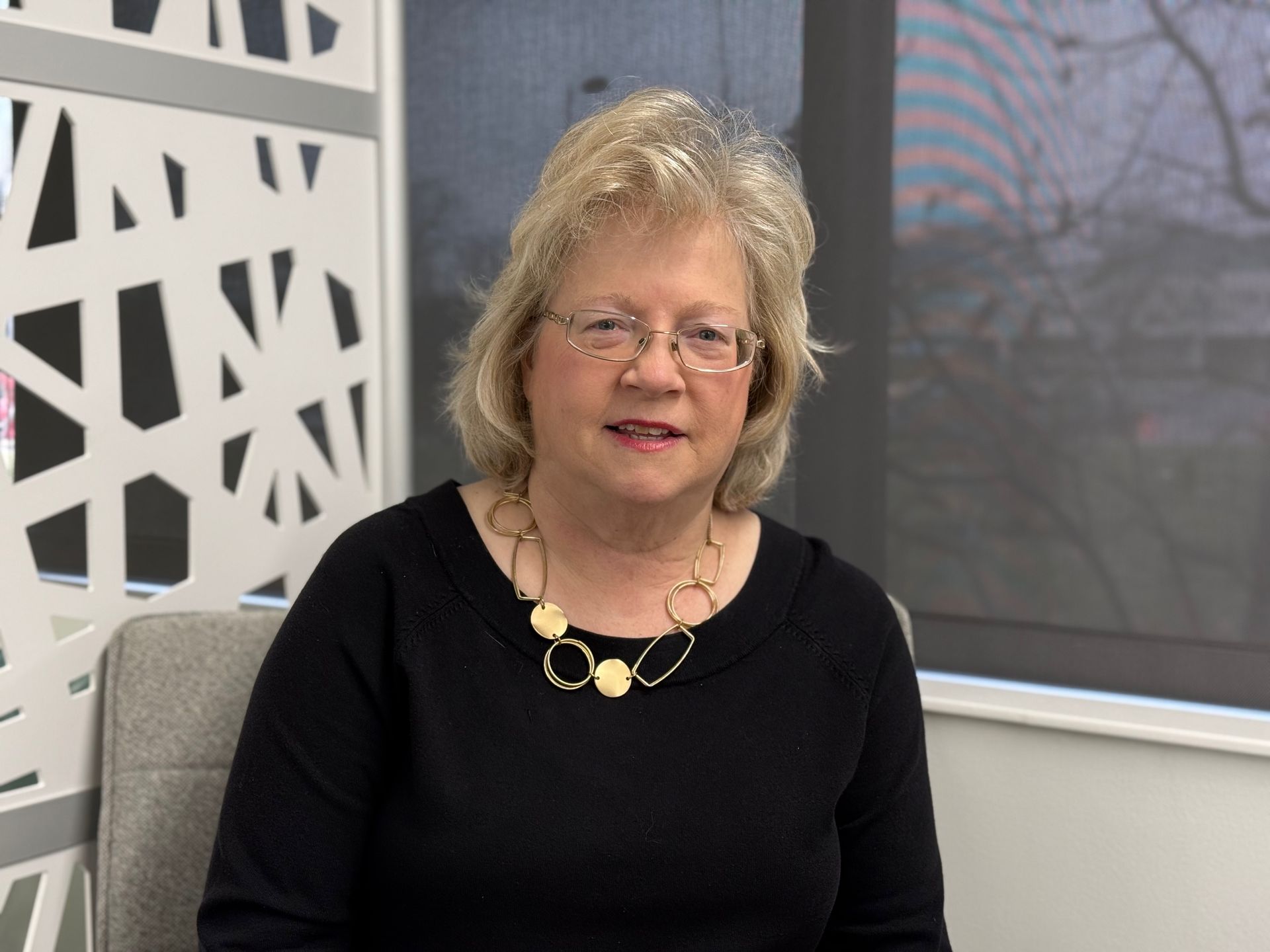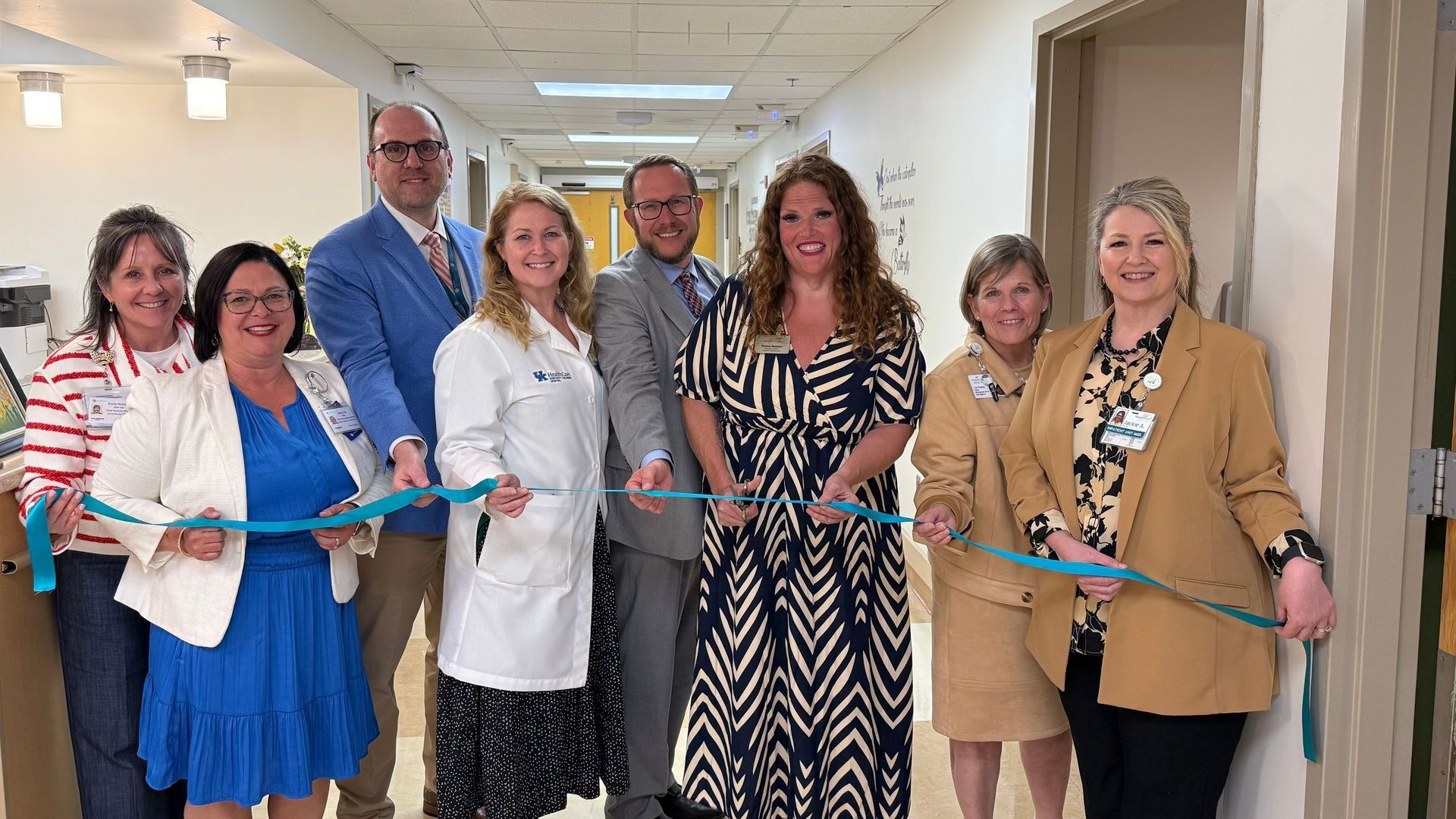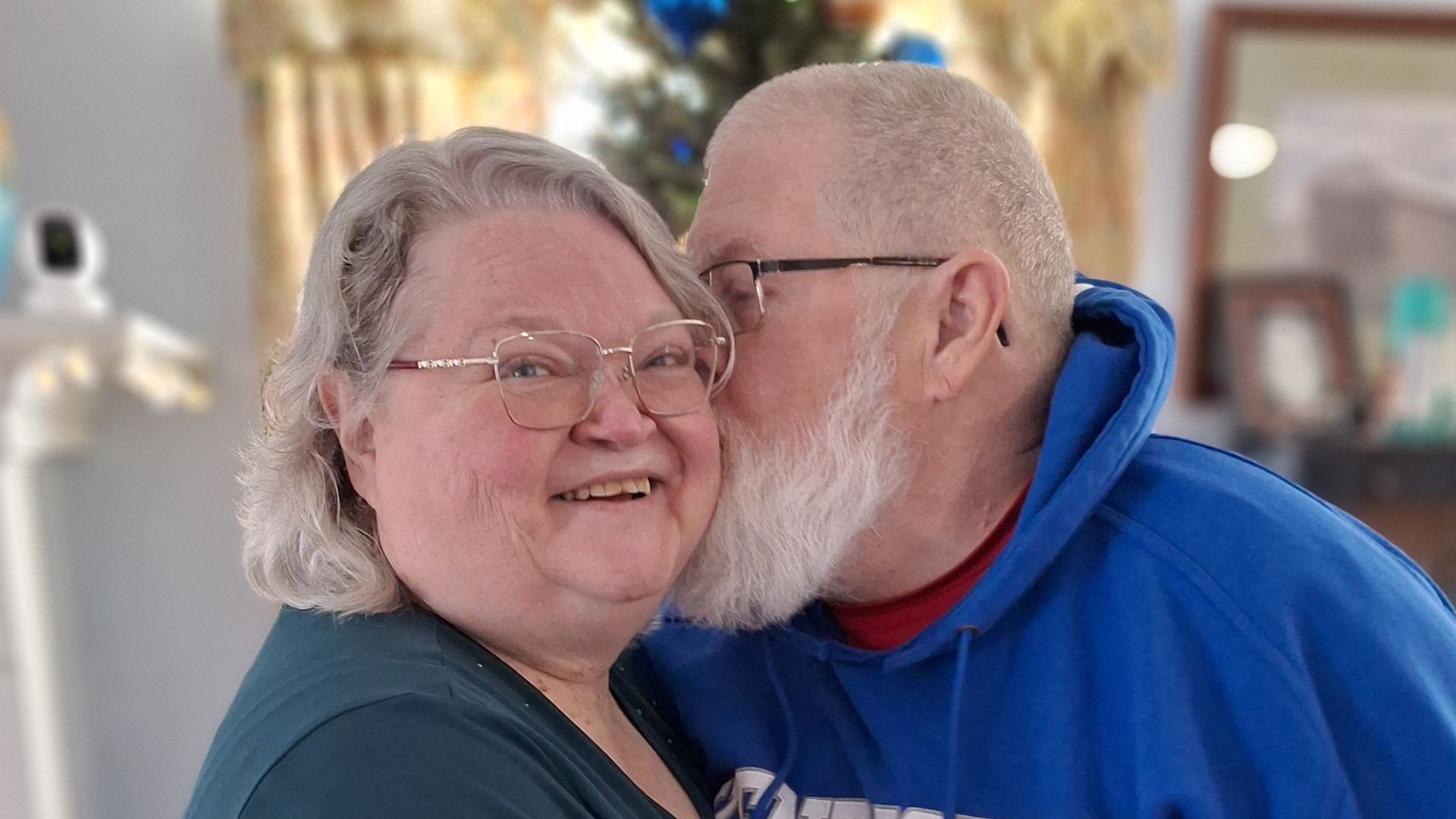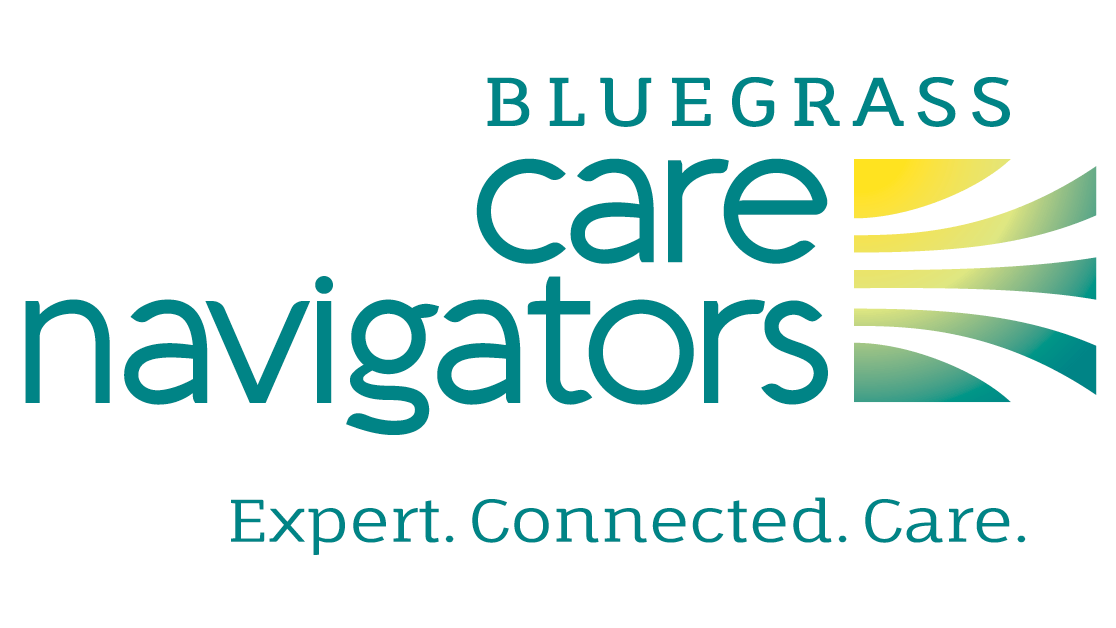Empowering Peace: Navigating Life Beyond the Present with Advance Directives
April 16th marks Healthcare Decisions Day, a day dedicated to promoting advance care planning (ACP), ensuring individuals' medical preferences are honored, even when they can't communicate them. Diagnosed with chronic kidney disease at 35, Ashley Holt had to learn to navigate and accept her new reality, as well as prepare for life after now. Through her journey and current role at Bluegrass Care Navigators (BCN), she intertwines personal experience with advocacy for ACP, particularly within communities of color and support groups, highlighting the importance of planning for life beyond the present.

“My purpose is to make sure people have access to things that they can benefit from!” Holt, Health Equity and Engagement Manager for Central Kentucky, said. “This one is personal to me because I understand a lot of the barriers that are there, especially for the black community as it relates to our end of life. For me, when there’s not a plan, there’s a lot of dysfunction, but if there is a plan, there is function. I utilize ACP education to bring the function back into our families for generations. Advance care planning can help these conversations reflect a true celebration of your life and give the gift of life to your loved ones.”
Holt underwent a variety of evaluations and tests to prepare for the transplant she needed to survive. During one appointment her social worker gave her a Five Wishes booklet. The social worker explained that advance directives, such as a living will, healthcare surrogate, power of attorney and the Five Wishes booklet, are legal documents that provide instructions for your family and healthcare team.
These words resonated with Holt, but it wasn’t until she accepted her current role at BCN that she took the next step and made her plan. As she did so, Holt realized that these documents allowed her to continue to have control over her medical treatment and continue to care for her loved ones, especially her daughter who was 11 at that time.
“I did a deep dive into advance care planning and long-term care and realized this was a way that I would be able to talk about plans for life after now with the communities I would be serving,” Holt said. “In order for me to have those conversations, I needed to do my own plan so I could speak authentically and use my own story and experience to help others.”
Holt found the Five Wishes Booklet to be literally as easy as filling in the blanks. Five Wishes facilitates conversations around end-of-life options with a more personal touch and guides you to additional documents, such as a living will or power of attorney that you need to fill out.
“That’s what happened for me,” Holt said. “It provided me with the encouragement that I actually completed something that is going to be beneficial for my life after now. I was truly excited because I knew that I still had the power and had the final say. I was still the boss of my own life, even when I may not have been able to vocalize that. And I gave my family a plan that they could literally follow line by line.”
As a young, black, educated, female, Holt reminds the millennial and gen x communities the importance living life abundantly through advance care planning. Although at first these discussions can be daunting, she has found that these moments spark conversations, laughter and allow you to learn things from your people through their lived experiences.
“I would start by sitting with whoever you consider family to talk and figure out the plan,” Holt said. “Embrace the raw emotions and know that this will be an ongoing conversation. If you need a place to start, you can start with BCN. We have a whole team who can walk you through that and support you. But you can also start with your medical provider or employer.”
If you would like assistance with creating Advance Directives, contact Bluegrass Care Navigators at 855.492.0812 or visit our website.



